As a parent, it’s natural to have many questions about your baby’s teeth and how to take care of them. Here are 10 things that you should know about your baby’s teeth:
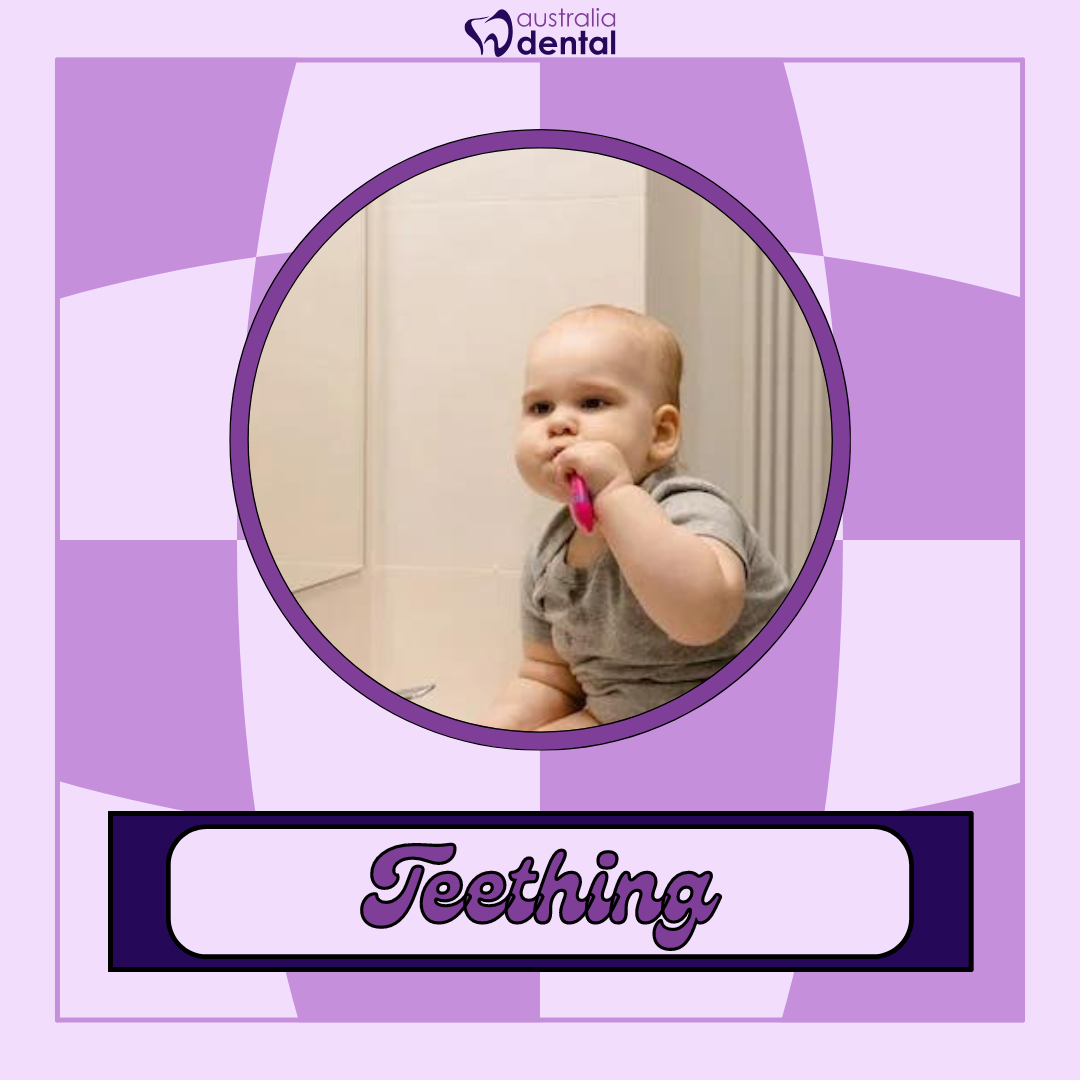
- Teething begins at around 6 months: Teething typically begins at around 6 months of age and can last until your baby is about 3 years old. During this time, your baby’s teeth will start to push through their gums, causing discomfort and soreness. To help relieve teething symptoms, you can give your baby a clean, cool teething ring to chew on, or rub their gums with a clean finger.
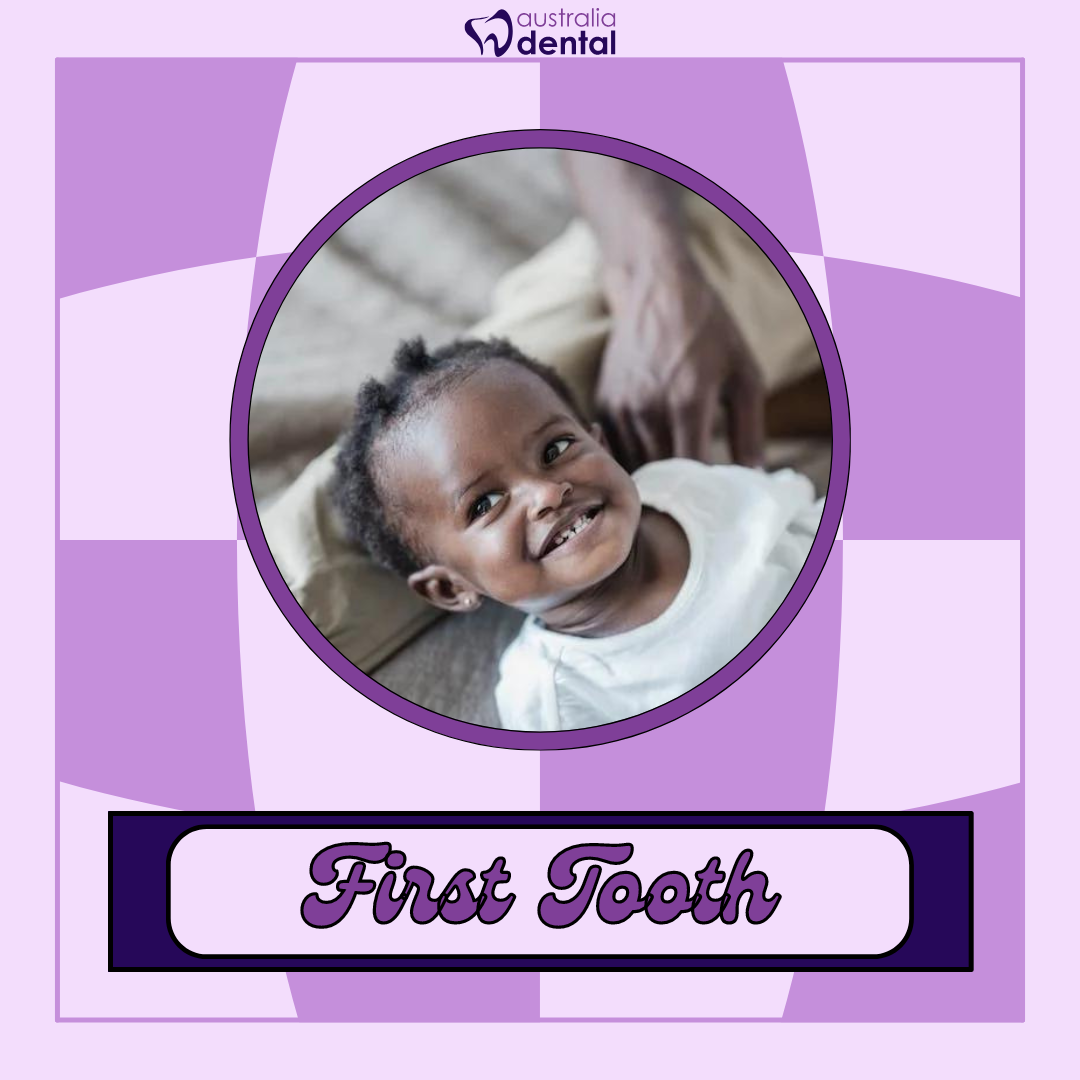
- The first tooth to emerge is usually a front bottom tooth: The first tooth to emerge is usually one of the bottom front teeth, followed by the top front teeth. Your baby’s first molars will typically come in around the age of 12 to 15 months, and their canines will come in around the age of 16 to 22 months.
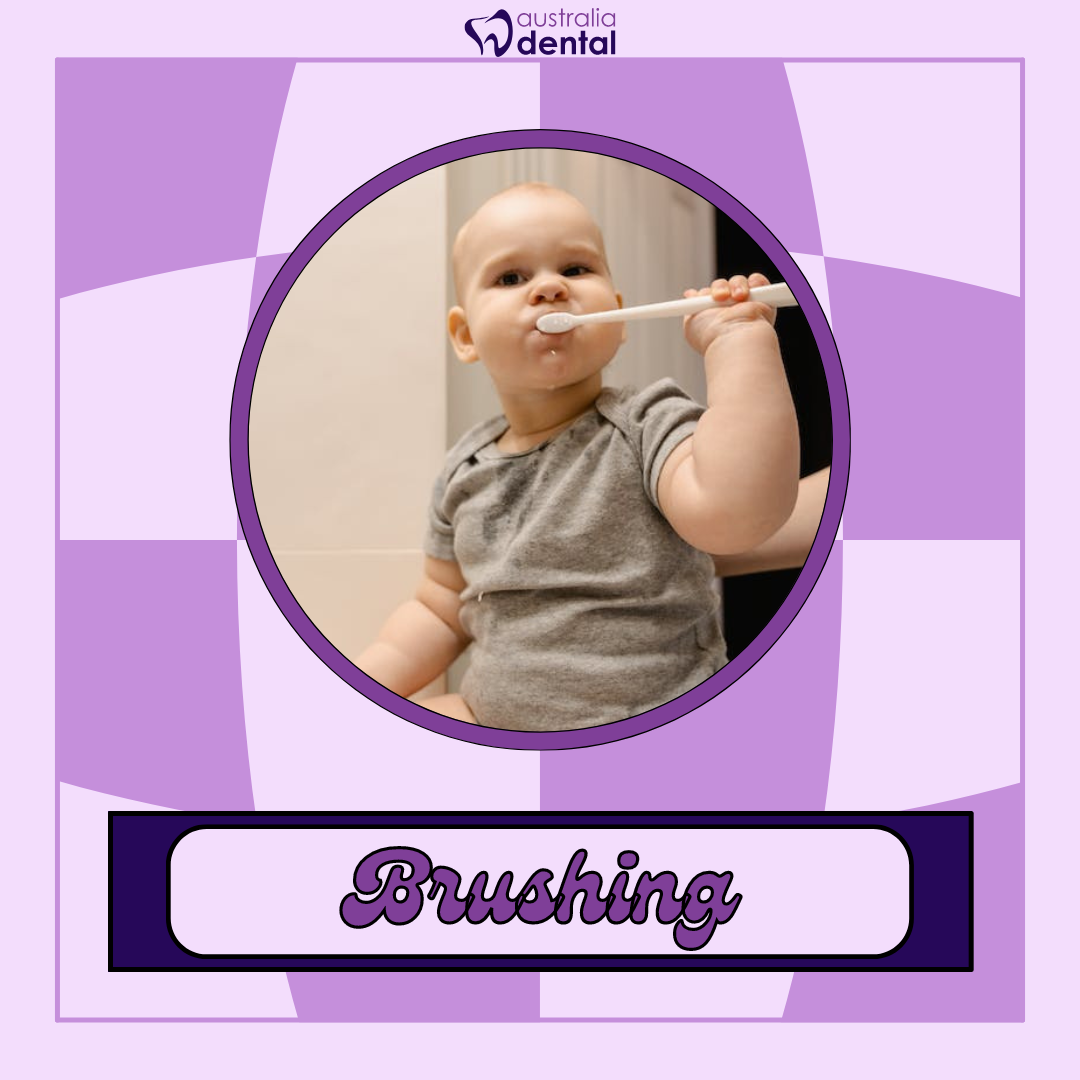
- You should clean your baby’s gums even before their first tooth comes in: You should clean your baby’s gums even before their first tooth comes in, as this can help to remove bacteria and prevent the development of cavities. To clean your baby’s gums, simply use a soft, damp cloth or a special infant toothbrush.
- Begin brushing your baby’s teeth as soon as they come in: Once your baby’s first tooth comes in, you should begin brushing their teeth twice a day with a soft-bristled toothbrush and a small amount of fluoride toothpaste. You can continue to clean your baby’s gums with a soft cloth if they have not yet developed enough teeth for brushing.

- Avoid putting your baby to bed with a bottle: Putting your baby to bed with a bottle can lead to baby bottle tooth decay, which is caused by the sugar in the bottle’s contents staying in contact with your baby’s teeth for extended periods of time. To prevent baby bottle tooth decay, it’s best to avoid putting your baby to bed with a bottle, and to only give them water or a pacifier instead.

- Limit sugary drinks and snacks: Sugar is a major contributor to cavities, so it’s important to limit your baby’s intake of sugary drinks and snacks. Offer your baby water and milk instead, and try to limit fruit juice to mealtimes only.

- Introduce healthy foods early: Introducing healthy foods, such as fruits, vegetables, and whole grains, early in your baby’s life can help to promote healthy teeth and gums. These foods are also low in sugar and high in nutrients, which can help to protect your baby’s teeth from decay.
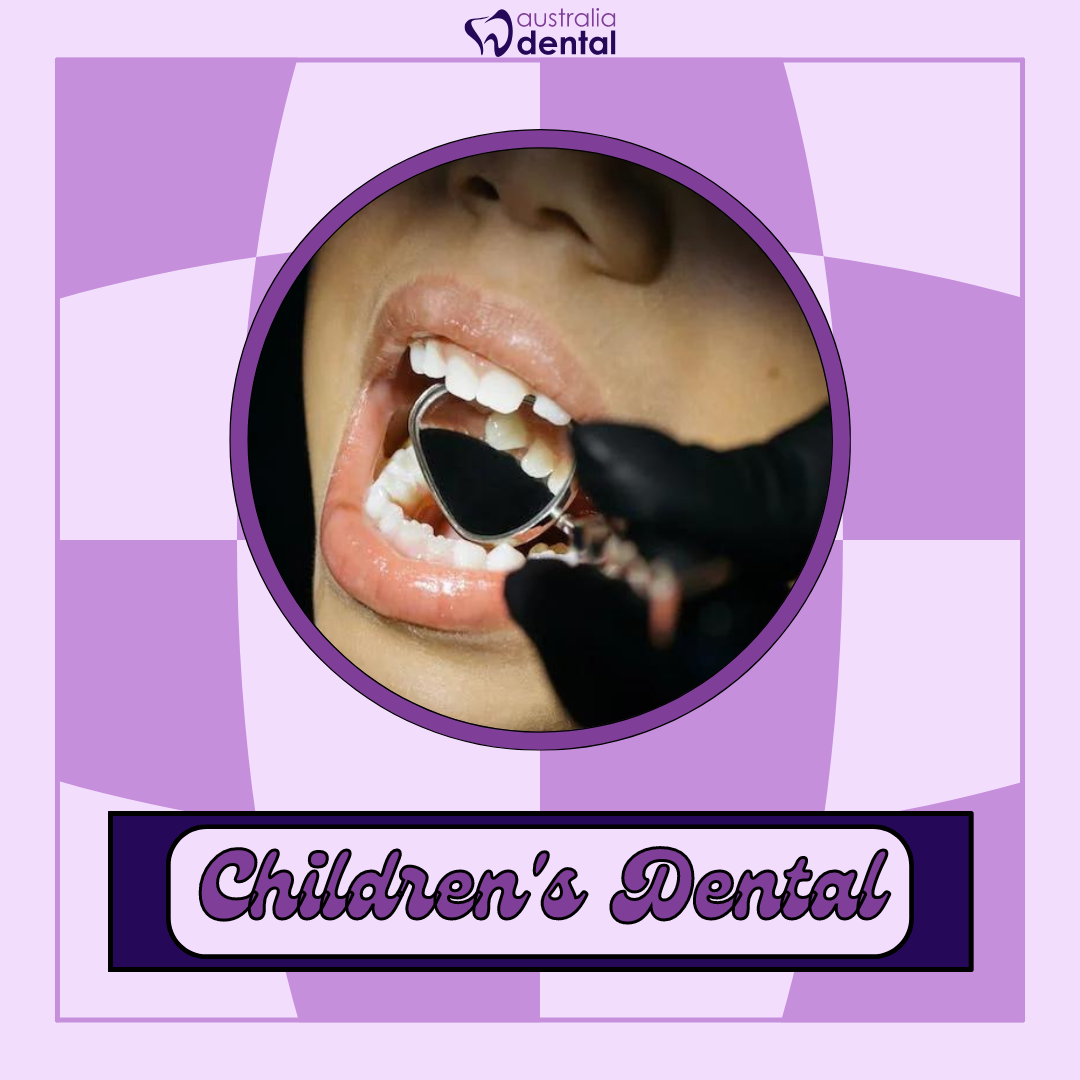
- Take your baby to the dentist early: It’s important to take your baby to the dentist early, as this can help to establish good oral health habits and detect any potential problems early on. Most dentists recommend that you take your baby to the dentist for the first time around the age of 1 or when their first tooth comes in, whichever comes first.

- Teach your baby good oral hygiene habits: Teach your baby good oral hygiene habits, such as brushing their teeth twice a day, flossing, and rinsing with mouthwash, from an early age. This can help to establish good oral health habits that will last a lifetime.
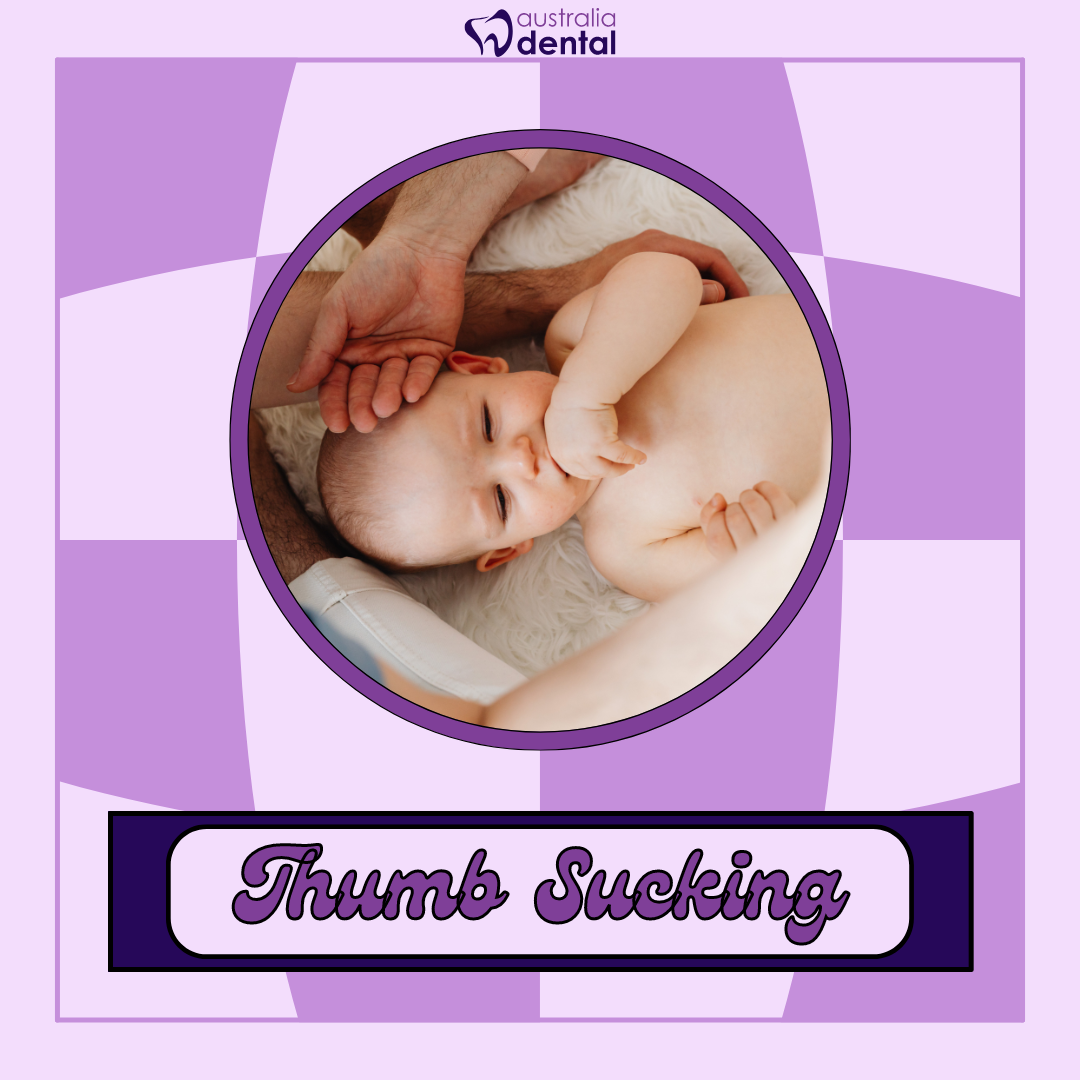
- Seek treatment for thumb-sucking and pacifier use: Thumb-sucking and pacifier use are normal habits for many babies, but if your child continues to suck their thumb or use a pacifier beyond the age of 3, it can lead to problems with their teeth and bite.
Overall, taking good care of your baby’s teeth is an important part of their overall health and development. By following these tips, you can help ensure that your child has strong, healthy teeth for years to come.

